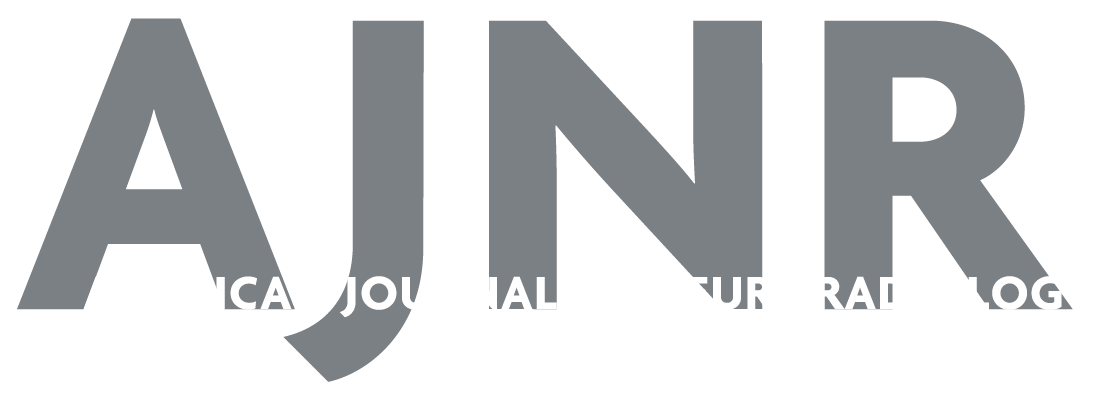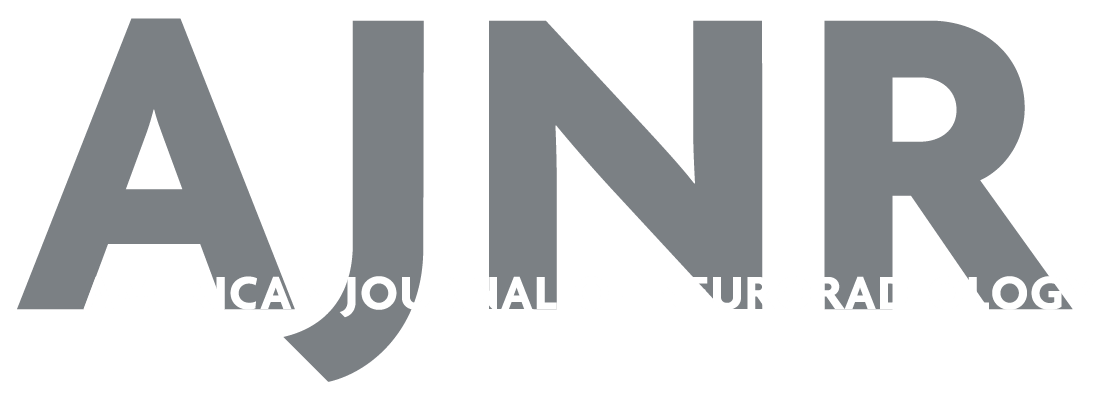- Viz.ai Implementation of Stroke Augmented Intelligence and Communications Platform to Improve Indicators and Outcomes for a Comprehensive Stroke Center and Network
There was an immediate improvement following Viz.ai implementation for both direct-arriving and telemedicine-transfer thrombectomy cases.
- An Artificial Intelligence Tool for Clinical Decision Support and Protocol Selection for Brain MRI
This model achieved high accuracy on a standard based on physician consensus. It showed promise as a clinical decision support tool to reduce the workload by automating the protocolling of a sizeable portion of examinations while maintaining high accuracy.
- Automated Estimation of Quantitative Lesion Water Uptake as a Prognostic Biomarker for Patients with Ischemic Stroke and Large-Vessel Occlusion
ASPECTS-net water uptake could independently predict 90-day neurologic outcomes in patients with acute ischemic stroke and large-vessel occlusion.
- Automated Detection of Cerebral Aneurysms on TOF-MRA Using a Deep Learning Approach: An External Validation Study
The software was highly reliable in detecting saccular aneurysms, while for fusiform or thrombosed aneurysms, further improvements are needed.
- Cellular Density in Adult Glioma, Estimated with MR Imaging Data and a Machine Learning Algorithm, Has Prognostic Power Approaching World Health Organization Histologic Grading in a Cohort of 1181 Patients
Image-based estimation of glioma cellularity is a promising biomarker for predicting survival, approaching the prognostic power of World Health Organization grading, with added values of early availability, low risk, and low cost.
AJNR Awards, New Junior Editors, and more. Read the latest AJNR updates






